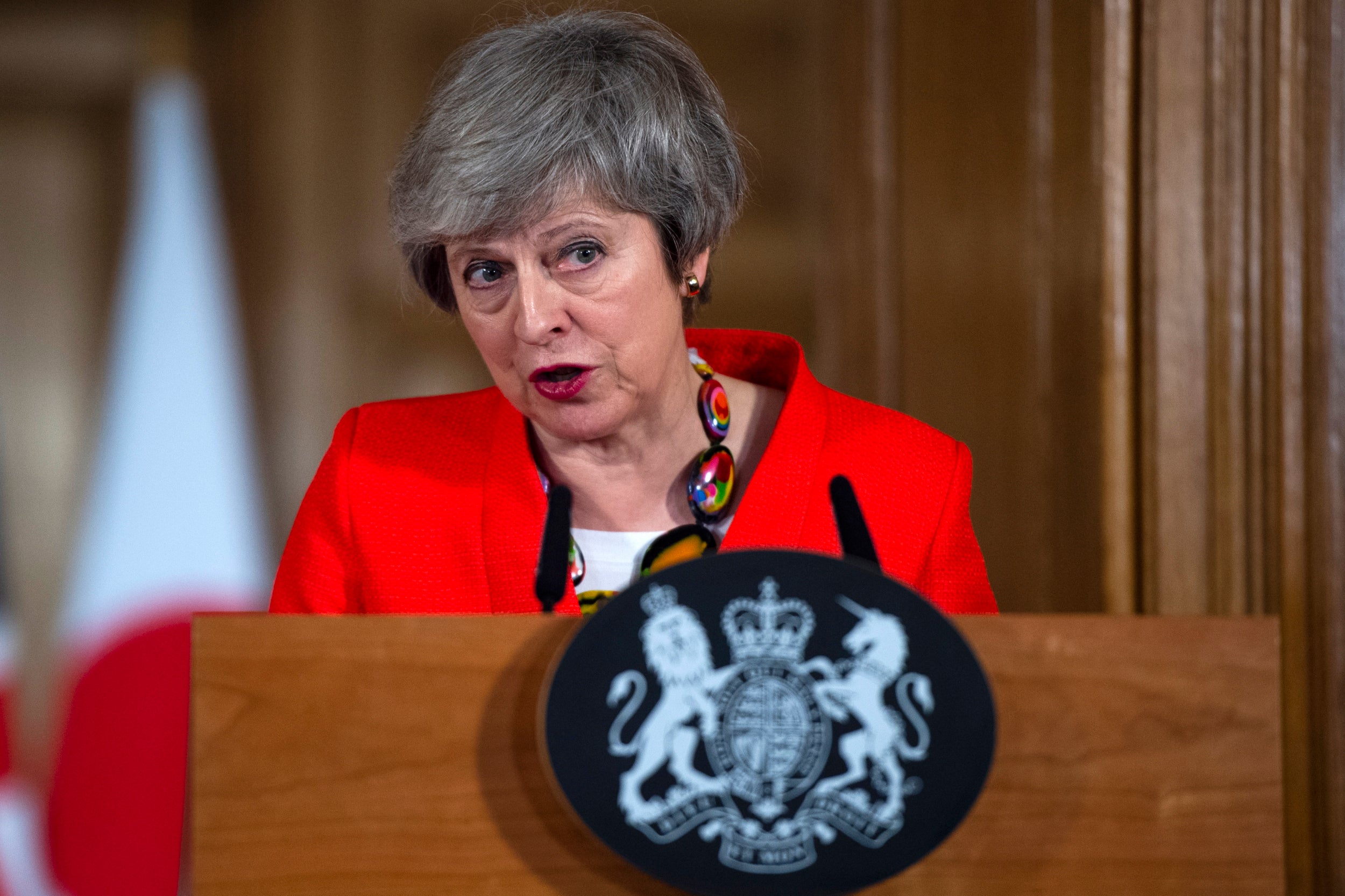Is Theresa May heading for the biggest ever defeat when she tries to push her Brexit deal through parliament?
Analysis: Up to 100 of Ms May’s own MPs could vote against her deal in the crunch vote on Tuesday. But, as Joe Watts explains, other prime ministers have fared just as badly

There are few things that everyone agrees on in the Brexit debate, but one of them is that Theresa May is heading for a historic defeat on Tuesday.
Knowing the exact number of votes that she will lose by when MPs make their decision soon after 7pm on 15 January is difficult, with some last minute mind-changing likely.
But for some time now estimates have been that around 100 from her own benches could ally with the opposition parties and move against her. Even friendly MPs say it would be a victory for Ms May if the numbers of Tories opposing her is in double digits.
To understand just how bad a defeat that would be, it helps to take a look back at some of the bigger losses in parliamentary history.
The largest and most controversial division in recent times was that over the invasion of Iraq in 2003, when 139 Labour MPs stood against Tony Blair’s plans to start a new war in the Middle East.
It was the biggest parliamentary rebellion in any party since the repeal of the corn laws in the 1840s, when Sir Robert Peel sought to scrap tariffs on imported corn that led to steep increases in food prices for the British public.
Despite the huge opposition to the war in Iraq on Labour benches, Mr Blair won parliament’s backing because of the support of the opposition, led by Conservative Iain Duncan Smith.
Ms May will not be so lucky, with Labour’s Jeremy Corbyn steadfastly opposed to her Brexit deal. This means the rebellion on her own side will (probably) not only be bigger in scale, but more politically significant because it will inflict an embarrassing defeat on the government.
The largest Conservative rebellion of modern times was in 1997 during the final months of John Major’s administration.
It saw 95 Tory MPs defy the whip to vote against the then prime minister’s plans to pass tighter gun control laws in the wake of the Dunblane massacre.
A similar sized rebellion, of 91 MPs in total, was suffered by David Cameron when he tried to pass legislation relating to Lords reform in 2012, during his party’s coalition with the Liberal Democrats.
The new proposals were brought forward by Lib Dem leader Nick Clegg, but were scuppered by Tory backbenchers in a tit-for-tat parliamentary battle, which also saw the smaller coalition party block a Conservative plan to reshape constituencies.
A rebellion of around 90 MPs for Ms May would be seen as a win of sorts, demonstrating the distorted political times we live in. It could well buy her enough time to go back to Brussels and try to secure a further concession.
It was also Mr Cameron who suffered the largest rebellion over Europe, when 81 of his MPs rebelled over EU policy in 2011 – a key moment in that prime minister’s eventual decision in 2013 to allow a referendum.
The largest defeat Margaret Thatcher faced was when 72 MPs refused to back her changes to Sunday trading laws as she sought to liberalise the UK’s economy.
Got an unanswered question about Brexit? Send it to editor@independent.co.ukand we’ll do our best to supply an answer in our Brexit Explained series.
Join our commenting forum
Join thought-provoking conversations, follow other Independent readers and see their replies
Comments